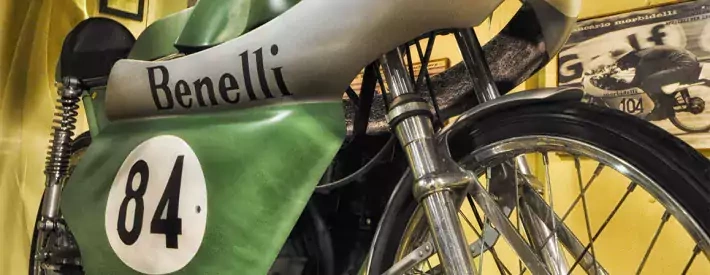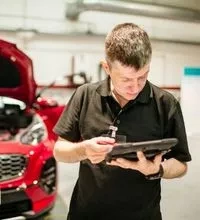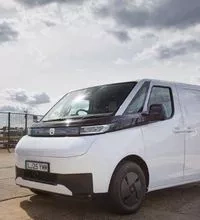Benelli: a motorcycle company adapting to remain successful

In this article: Benelli has a long and colourful history, and just as the company adapted throughout the decades, it continues to evolve to meet changing consumer demands
Italian motorcycles have always been noted as light, agile machines and have enjoyed success on the track as well as the road, creating a cult following of riders. Benelli is one of the oldest of such evocative manufacturers, founded in Pesaro in 1911 by Teresa Benelli.
Benelli, widowed and with six sons to raise, invested all the family money into a repair shop for motorcycles and bicycles, the two not being largely dissimilar. The fledgling company employed six staff in addition to five of her sons, (she sent her eldest two sons, Giuseppe and Giovanni, to Switzerland to study engineering so they could better help the business), the youngest, Antonio, was still too young to work at that point.
The Benelli garage’s ability to produce all of the spare parts required at the premises thanks to Benelli’s investment in training her two sons, gave the business an immediate edge over rivals, but the company also benefitted from a shift in personal transport.
The humble bicycle was quickly repurposed into a motorised machine capable of higher speeds with far less effort. The first Benelli motorcycle comprised of a two-stroke 75cc in a bicycle frame and hit the market in 1919. 1920 saw the first complete engine produced by the Benelli company and the Velomotore, a more capable 88cc, two-stroke power plant was used.
Winning on the track
But it was on the racetrack that motorcycle manufacturers turbocharged their success, and Benelli was at the front of the grid. The youngest son, Antonio “Tonino the Terrible” had raw talent and a fearlessness on the track that swiftly elevated the Benelli name, winning victories from 1923. Tonino’s extraordinary ability and the company’s capability to produce a reliable and competitive machine gained four Italian championship titles in five years. Sadly, a bad crash in 1932 race ended Tonino’s competition.
Despite losing Tonino from the sport, Benelli motorcycles continued to dominate, earning all three prizes of the Italian Grand Prix in 1938. The outbreak of World War II changed the company’s focus, especially as the factory was destroyed during the conflict.
The company rebuilt by repurposing ex-military motorbikes, (many of them British), to a civilian specification. Allowing the company to rebuild its finances in this way perhaps contributed to the division within the family that led to the departure of one of the engineer brothers, Giuseppe. He left to found Motobi – famous for small, two stroke motorcycles with an innovative, pressed steel frame and horizontal cylinder layout. A streamline and modern unit, it was nicknamed “the egg” for its distinctive shape. Motobi also enjoyed success on the track, along with bright decals and a booming economy overseas, Motobi was acquired by Benelli in 1962, bringing the family back together once again. Gruppo Benelli-Motobi was now well placed to counter the threat from the emerging Japanese motorcycle market.
Changing hands to stay competitive
Japan stole the show in the 1970’s, out producing the Italian marques and cash strapped Benelli found itself in the hands of Argentinian industrialist Alejandro de Tomaso. A passionate petrolhead who not only produced cars under his own name but had a hand in many other brands, such as Maserati and Moto Guzzi. Although larger Benelli bikes were produced in the 1970’s, by the ‘80’s it was announced that Moto Guzzi would concentrate on the larger machines and Benelli would focus effort in the moped and scooter market. Poor sales meant Benelli was sold once again, this time to industrial tycoon Mr. Giancarlo Selci in 1989 and went on to produce light weight bikes, but no larger models, for now.
The Tornado 900, launched in 2002, saw a return for Benelli as a producer of large motorcycles, the marque became the fastest premium selling motorcycle brand in India and broke into the elusive Iranian market, but this didn’t stop yet more change. The company was bought by Chinese group, Qianjiang in 2005, thankfully for the brand’s many fans, the company continues to deliver modern, reliable and large motorcycles with that distinctive Italian style. But the company continues to evolve and adapt.
Final mile solutions and private transport are more in demand by consumers than ever before, especially since public transport has presented health concerns during the pandemic. Benelli’s most recent return to an old market of theirs, the powered bicycle, may prove the most lucrative venture of all. The Benelli electric bicycle is perhaps the most comparable to the Teresa’s original business idea and proves that reliable, convenient, personal transport is a long-lasting market to serve.




